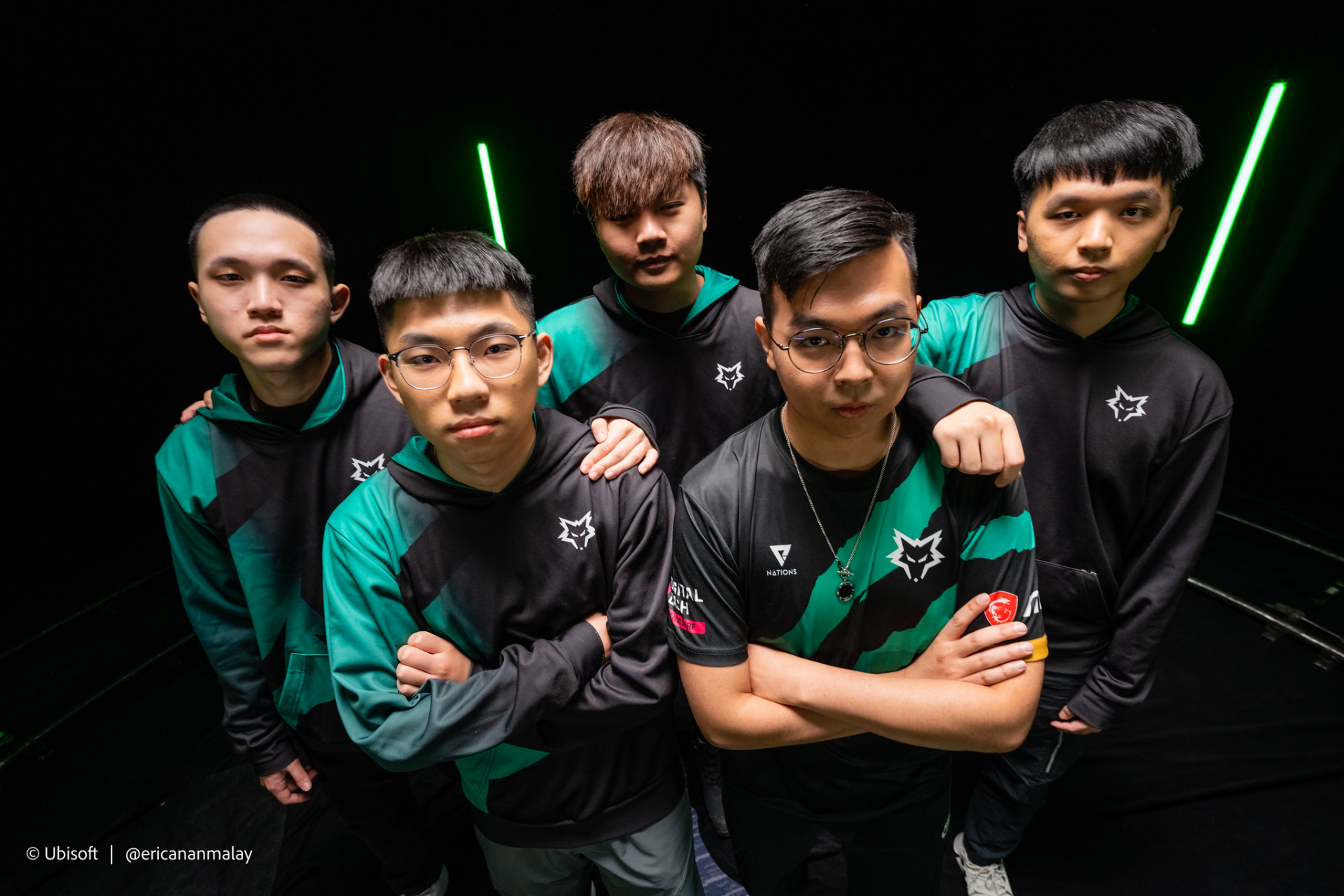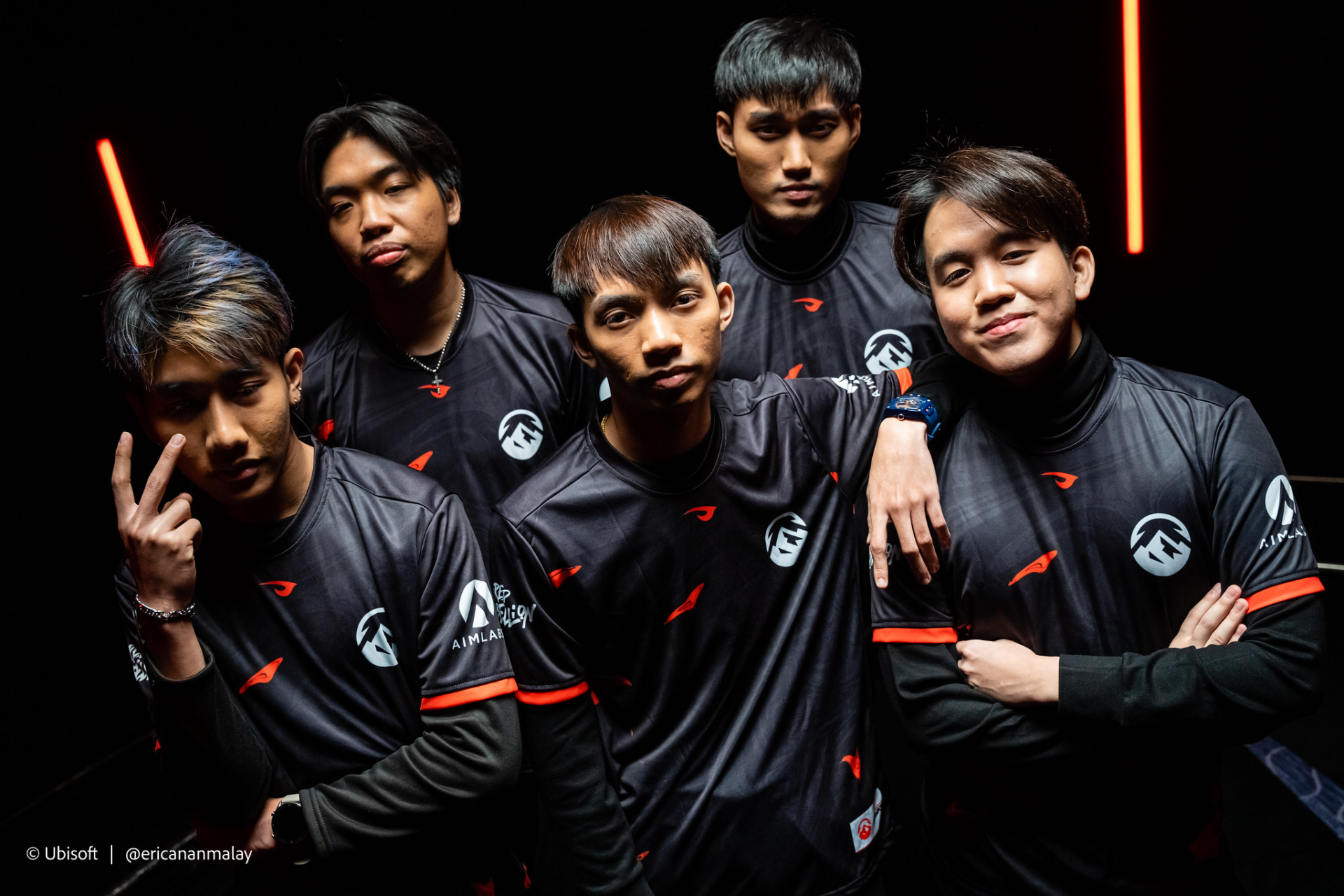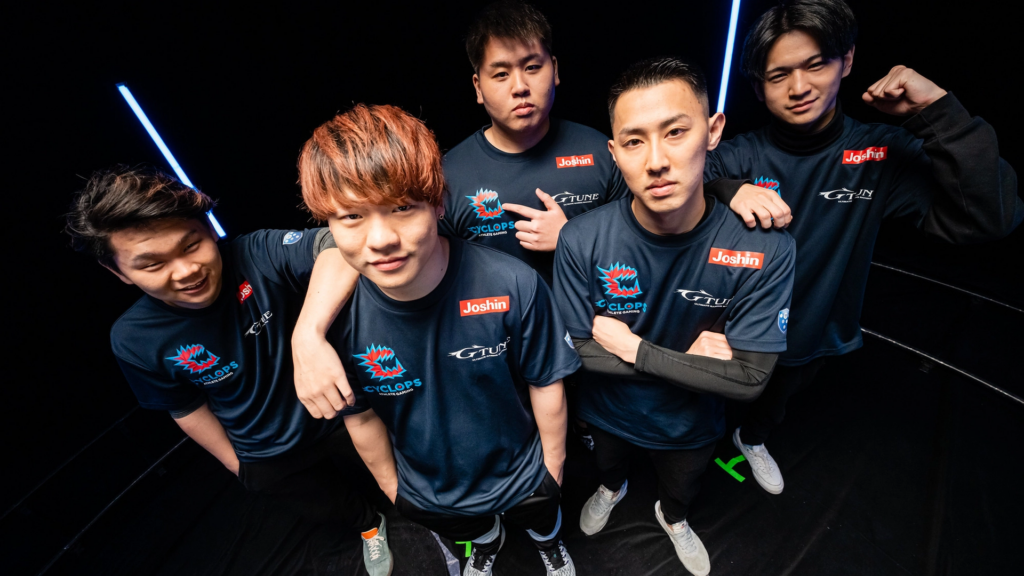The APAC Region has had its worst performance in the history of the Six Invitationals and has the worst win rate since the Six Invitational in 2017.
For the first time in history, no APAC team represented the region in the Six Invitational Playoffs, a disaster that was forewarned due to the problems in the region, and also the recent performance in the Six Major tournaments, where only Elevate in Berlin made it to the world top eight.
The APAC region won the first two spots for the Six Major, with Elevate in 15th in the global ranking and Cyclops in 16th. The final slot was given to the APAC region, and that was through qualifying. The vacancy went to Dire Wolves, who managed to qualify after the victory against Sandbox despite changing players in the lineup.
We had the opportunity to talk to Dire Wolves coach Odin “Odin” Hempel days after their early elimination in the competition, and he commented on how the team’s preparation for the tournament was: “Preparation was short. We only had around ten scrim days before going to SI. In this preparation, we worked on many aspects and maps, which led to us not being fully prepared on one thing, but rather half prepared in everything’.
And once the groups were announced, we can see an imminent problem, especially for Elevate, who was in the group of teams that used to play Six Major and even win (which was the case with KOI). Dire Wolves did not fall into a group with World Champions, but Jonkoping’s top four Liquid and Soniqs were a problem, and Cyclops had to deal with Team BDS. But it’s the biggest tournament in Rainbow Six; there’s nowhere to run or hide. Odin commented on the team’s reaction when they found out which group they would be in: “I think we were scared of SQ and Liquid. But we were confident we could beat Wolves and Mnm’
 Dire Wolves Media Day, Photo: Ubisoft/ ericananmalay
Dire Wolves Media Day, Photo: Ubisoft/ ericananmalayBased on numbers, we can prove that this was indeed the worst tournament for the region. Even though in 2017 the competition had only six teams and Team Envy lost in the first game, 2023 has more teams and a very close performance, which should be different because it has more teams and, therefore, more opportunities to win.
For the sake of comparison, let’s leave out the 2017 tournament, as it only had one team and played only one match; it would not be fair to compare it with other years. This year’s tournament matched the 2020 and 2021 tournaments in the lowest round win rate, with only 40% of rounds won for APAC teams. In terms of maps won, the region reached the mark of only one map won on average among the participating teams, a mark that only 2021 came close to (with an average of 1.67), and to make matters worse, the teams had an average of 7.67 maps lost, the year closest to this mark is 2022, with 7.25, despite DAMWON’s great performance. As for the rate of maps won, the tournament only had 12% of map wins, and the closest year is 2021 again but with 8% more than 2023.
And as for match wins, performance drops even further. Despite not reaching the loss rate of 2021 (which featured 6.33 losses per team), 2023 had the lowest win rate since the Invitational started hosting more than one Asian team, with a meager 0.08 wins per game. The region went through many problems outside of the game, and this was brought to the game; after all, the only victory for the APAC team was against BDS (who had never lost to an APAC team), the current champion of the Six Major.
Performance could be better, but where was the error? What caused so many problems in the teams? The idea is to know directly from the teams; Odin explains Dire Wolves’ problem in the competition: “As we were a last-minute roster, we missed consistently executing our basics well. In some rounds, we had good teamwork, droning and adaptation, but these were our problems in many others. Then to add to that, we didn’t have the trust in ourselves to execute our playstyle well; we are an aggressive team, yet for many rounds, we were too scared to play like it. This led to the final problem: playing 5v5 executes in the late rounds. This is something we failed at completely. And I would say the main reason for this is that we never had the chance to practice this in scrims, especially when practicing from Taiwan.” The player Paramin “Onigiri” Suwanwattana, who played the Six Invitational for Elevate, was more direct in saying what was the team’s problem in the competition: “Team communication.”
But as already mentioned, it is the biggest tournament in the world, so many teams are difficult to face; Odin comments on which team caused the most problems for Dire Wolves: “Basically all games were equally difficult as we encountered the same issues on all matches. But I think Liquid was the hardest as they are still the most experienced and talented of our group, and at that point, we had all the pressure of winning as it was our last chance to make it out of Groups’. As for Elevate, Onigiri also cites a Brazilian team as the most difficult team to face: “W7M because they’re our rival since they knocked us out at Berlin Major and they’re the team that I respect because every player on their team is talented especially ‘HerdzZ,’ he has great mechanics”
 Elevate Media Day, Photo: Ubisoft/ ericananmalay)
Elevate Media Day, Photo: Ubisoft/ ericananmalay)Onigiri, after the interview with BLIX.GG announced on his Twitter that he would be available for negotiation; one of the great players in the region wants to follow the paths of Virtue, who left the APAC region, but in the case of the Thai, he is available to play both in the EU and NA, certainly being a great loss for the region.
Odin, in turn, comments on what he can expect from Dire Wolves for next season: “As always, we will do our best to learn from our mistakes and make the necessary changes and improvements. And we hope to continue to qualify for international LANs”. Dire Wolves played three international tournaments out of the four possible this season, but they did not make the Playoffs in any tournament, and this is also part of the team’s goal for next season: “Our goal now is to qualify for the next LAN and perform well there and show the world that we are no APAC farmers but a talented roster.”
The region continues to work to establish its place at the top, replicating the good performance in the Six Invitational of 2019, where the Japanese of Nora Rengo conquered the Semis. Or a good performance like DAMWON in the last invitational, in which they lost only one map in the Group Stage. The region is great, deserves respect, and with hard work, they can earn their place among the top four in the world again or even dream of their first international trophy.
Cover Image: Cyclops Media Day, Photo: Ubisoft/ ericananmalay



